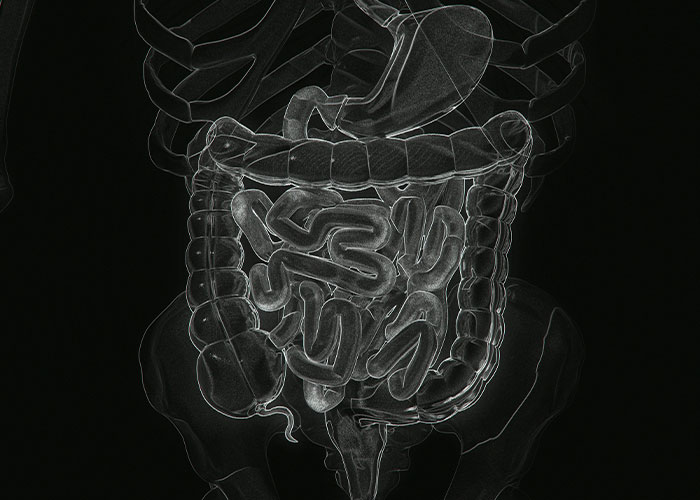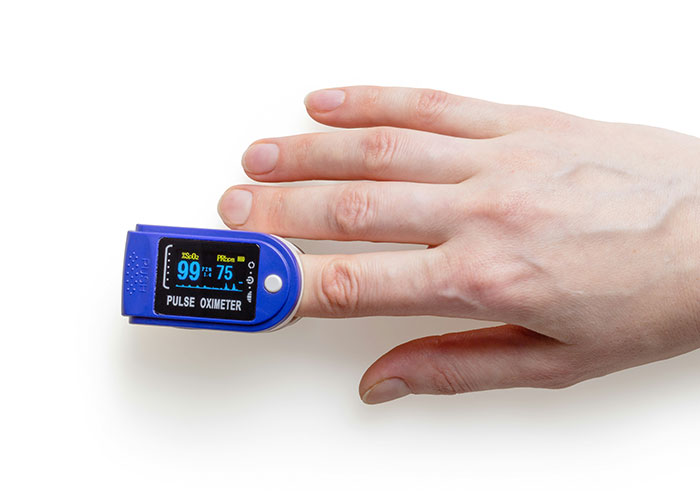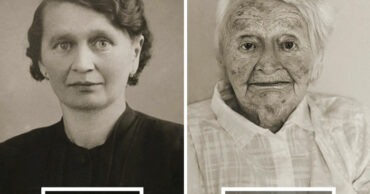In what might be the most delightfully absurd scientific story of the year, a team of researchers in Japan is exploring whether humans can breathe through their backsides, and it’s not a joke.
The researchers’ study has confirmed the first successful human safety trial for “enteral ventilation,” or, as the internet has dubbed it, “b*tt breathing.” The results are so far promising, and believe it or not, it could one day save lives.
“B*tt breathing” could have actual, legitimate medical implications

Image credits: Getty Images
Back in 2024, this same team from Osaka University caught headlines when they wondered if the backdoor could act as an emergency oxygen port.
Their work was silly enough to win an Ig Nobel Prize, an award reserved for real science that makes people laugh, then think. Now, their once-ridiculous experiment might have legitimate medical implications.

Image credits: Charles Deluvio/Unsplash
The idea is actually not that uncommon. Certain animals, such as turtles and some fish, are able to absorb oxygen through their backdoors when their lungs aren’t doing the job.
The scientists, led by biomedical researcher Dr. Takanori Takebe, figured, “Why not humans?”
In their first human trial, 27 brave male volunteers were asked to hold varying amounts of a perfluorocarbon liquid, between 25 and 1,500 milliliters, inside their rectums for an hour.

Image credits: Getty Images
The goal wasn’t to start breathing through their backsides just yet. It was simply to check if it was safe, according to VICE.
As it turned out, it mostly was. Vital signs stayed stable, and while some participants reported bloating or discomfort among those with more perfluorocarbon liquid in their behinds, there were no lasting side effects. Only seven of the 27 couldn’t make it the full hour.
The team’s conclusions in their study were published in the journal Med, adding further legitimacy to “enteral ventilation.”

Image credits: Getty Images
The internet, unsurprisingly, loved the study. One commenter stated, “Did they also discover most people talk out of their b**tholes?” Another added, “I don’t know about breathing in, but I can certainly exhale!”
The next phase of “b*tt breathing” could literally change how humans survive

Image credits: Resource Database/Unsplash+
The next step for Dr. Takebe’s team is to test whether oxygen can actually transfer from the intestines to the bloodstream. In other words, whether we can truly inhale through our backsides.
This will involve repeating the experiment with oxygenated perfluorocarbon fluid, the same kind used in some advanced medical ventilation research.

Image credits: Getty Images
If successful, this technique could revolutionize how hospitals support patients with critical respiratory failure. Imagine a future where, if someone’s lungs stop working, doctors could literally oxygenate them from the other end.
“It’s equal parts absurd and incredible,” one science fan commented. “Who knew something so profound, so life-giving, could be found up your b*tt?” Another joked, “I’ve been exhaling through that exit for decades. Guess I’ll need to learn new muscle control to inhale!”

Image credits: Getty Images
Behind the humor, though, there’s a very real medical motivation. For people whose lungs are too damaged to function, this “b*tt breathing” method could one day mean survival.
The idea may sound silly for now, but for the people it might save in the future, “b*tt breathing” will definitely be no laughing matter

Image credits: Stephen Andrews /Unsplash
The Osaka team’s research might still sound like the setup to a bad joke, but it’s serious science with potentially groundbreaking consequences.
As the trial results show, human bodies are capable of far more strange and adaptable things than people realize.

Image credits: Freepik
Dr. Takebe was certainly on the same page when he and his team received the 2024 Ig Nobel Prize in physiology. “When I first heard the news of the award, I had mixed feelings,” he told the Institute of Science Tokyo.
“However, upon learning about the organizers’ philosophy of ‘making people laugh and think,’ I felt a deep resonance. I decided to accept the award in the hope that it would raise awareness about the development of new treatments for patients who find it difficult to use ventilators.”

Image credits: Getty Images
“We ourselves are committed to realizing technologies that can help those suffering from respiratory diseases, including neonatal respiratory failure, where treatment options are particularly limited,” Dr. Takebe added.
Netizens shared their thoughts on “b*tt breathing” on social media














 Follow Us
Follow Us





